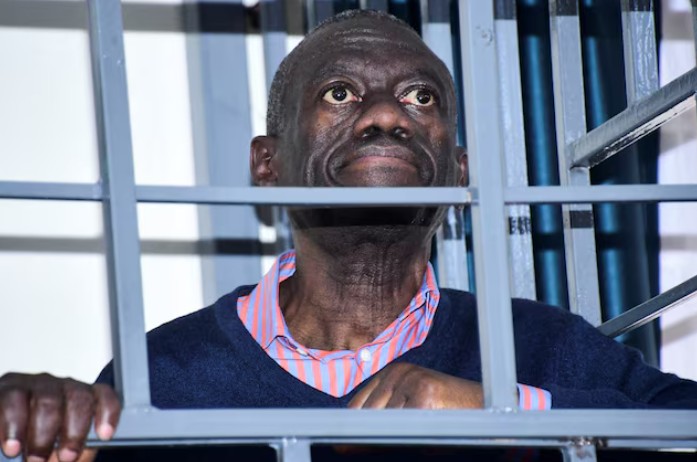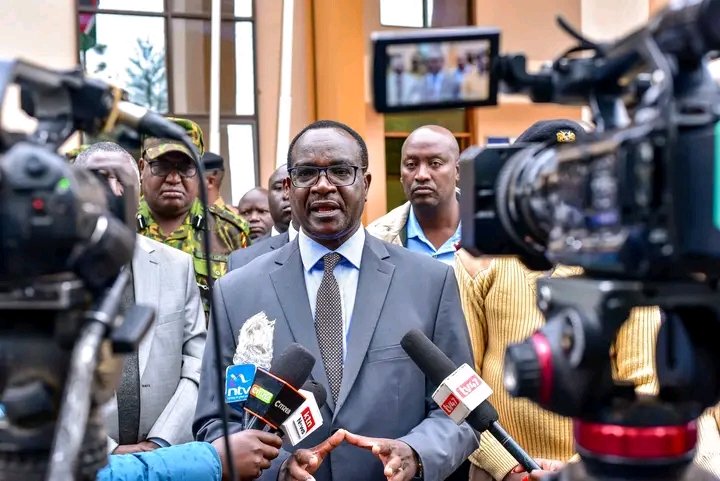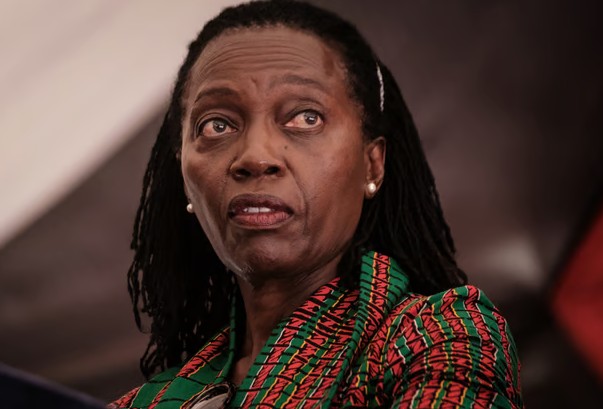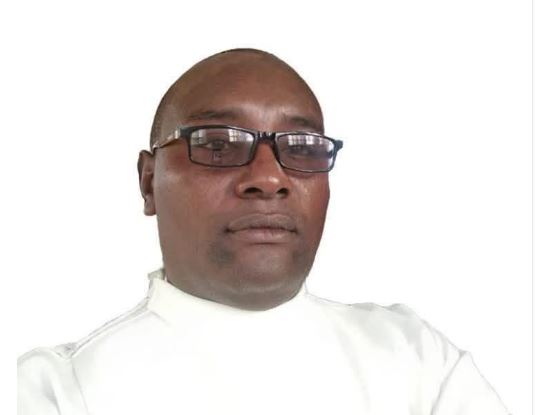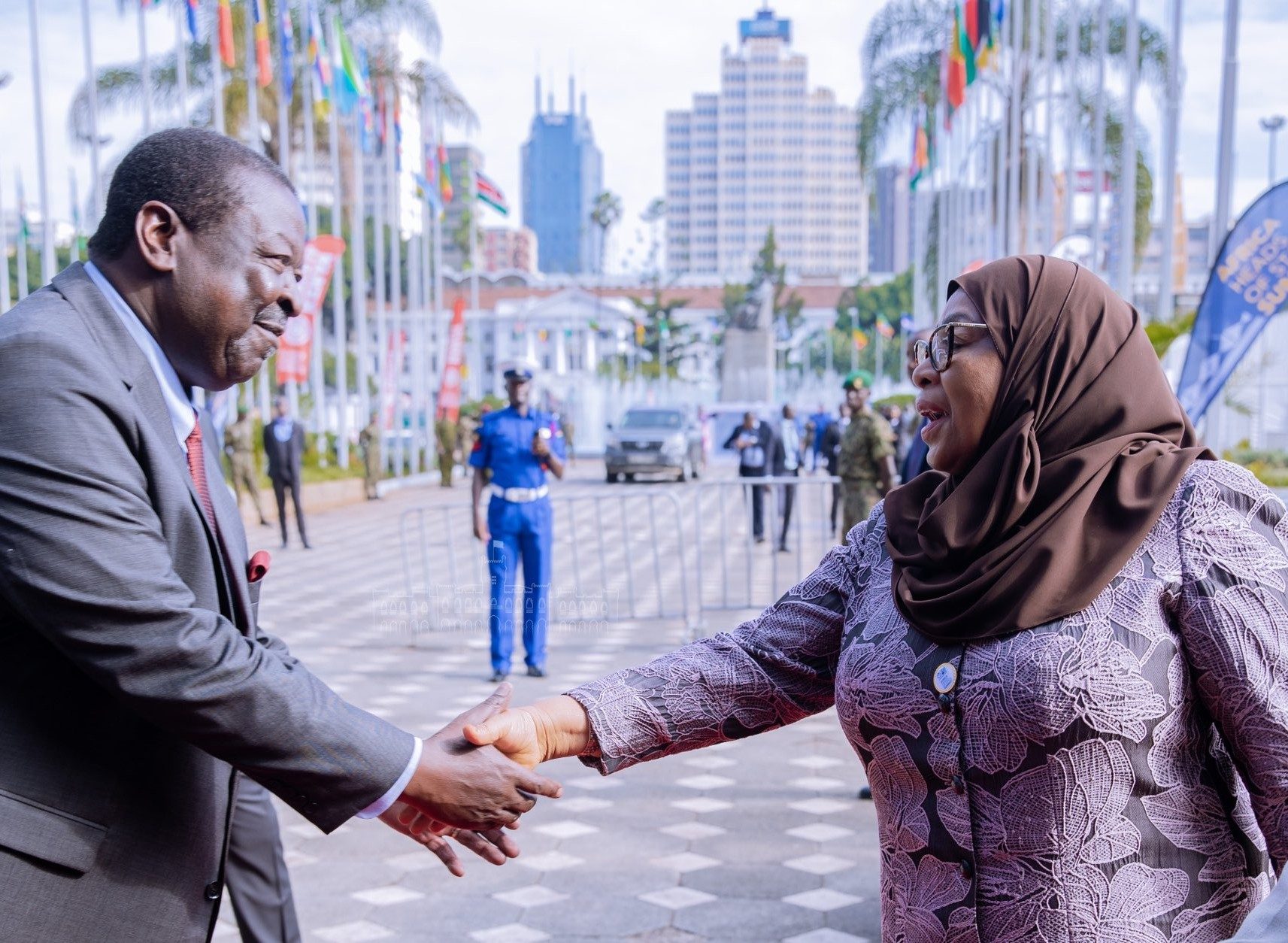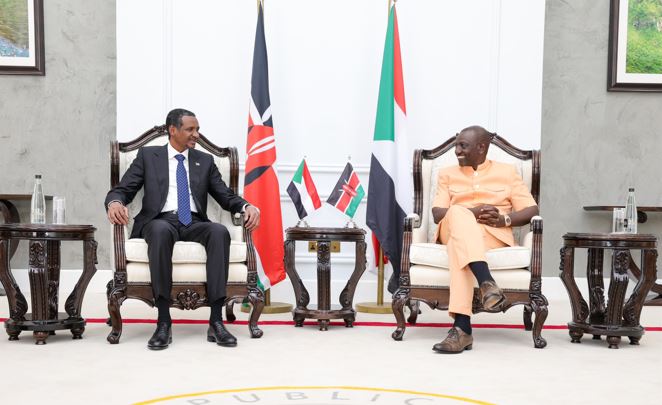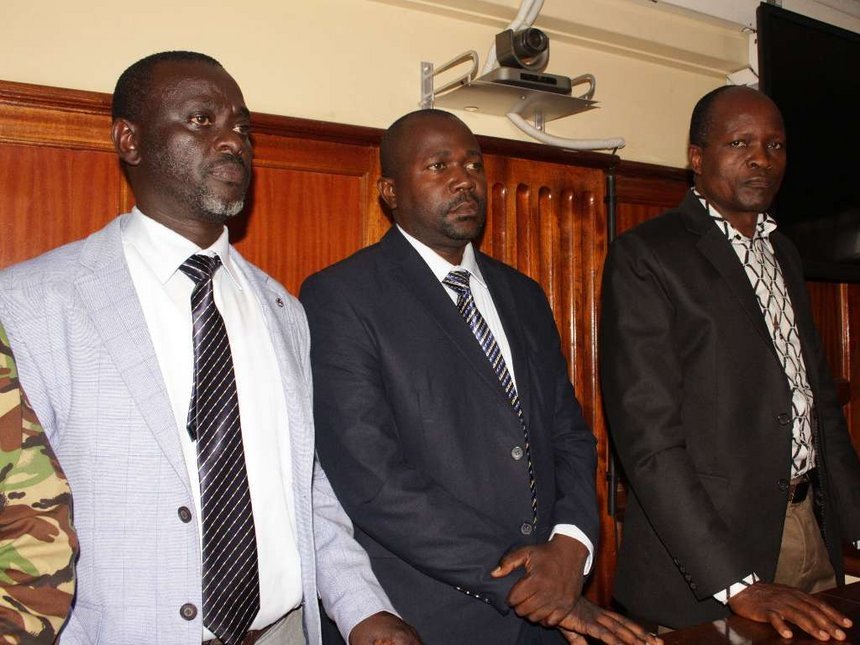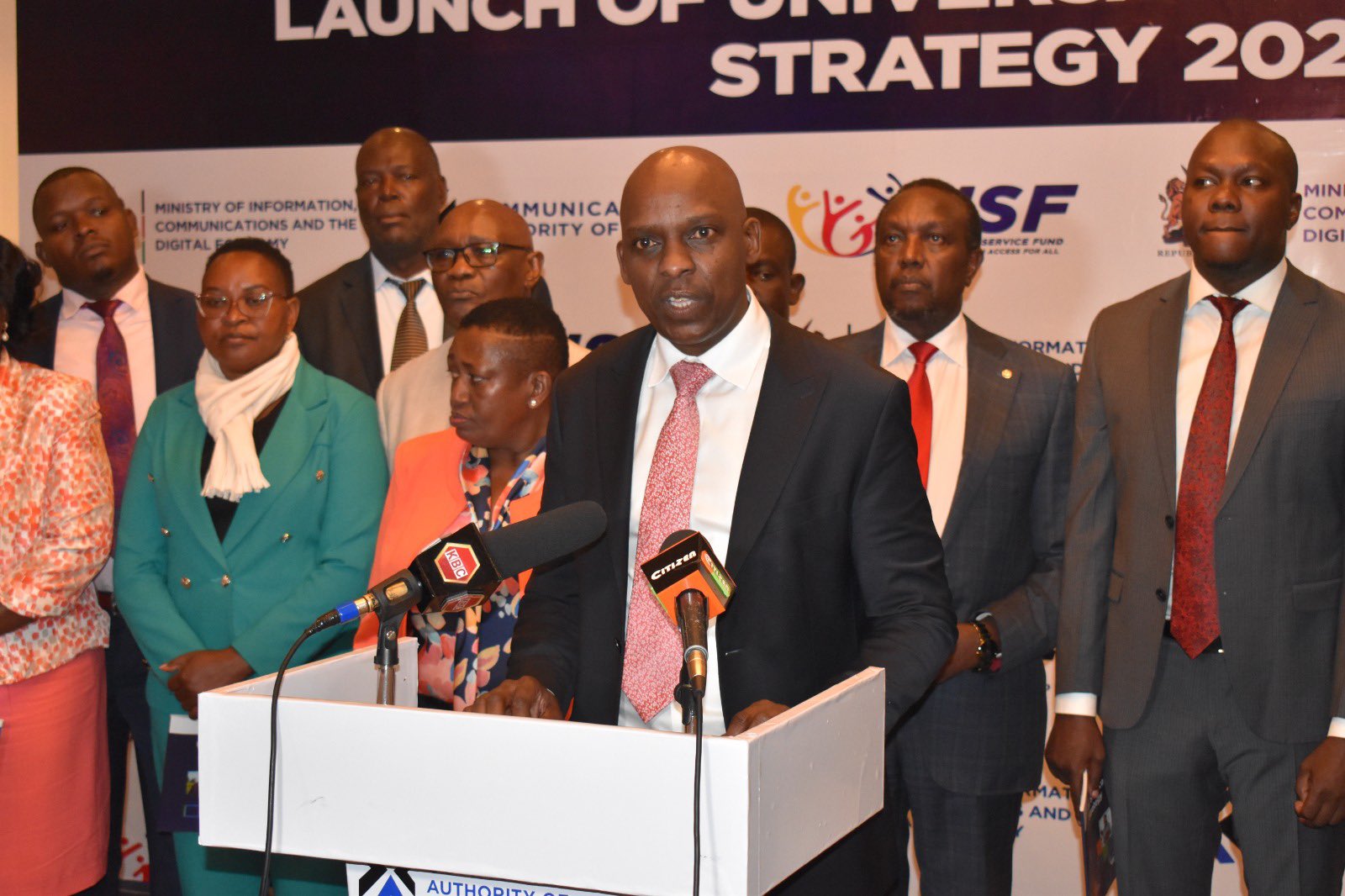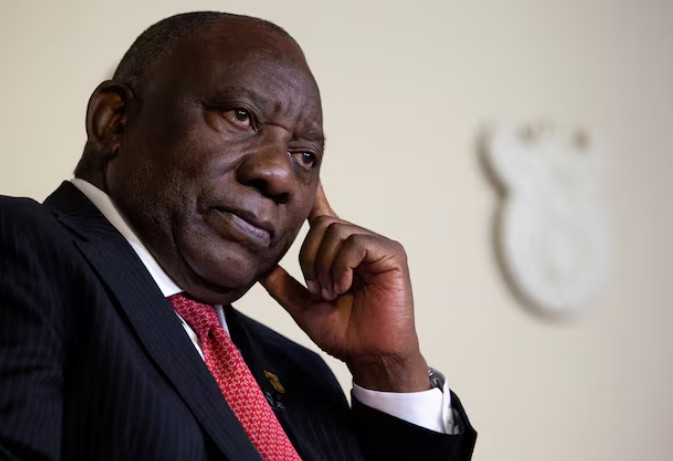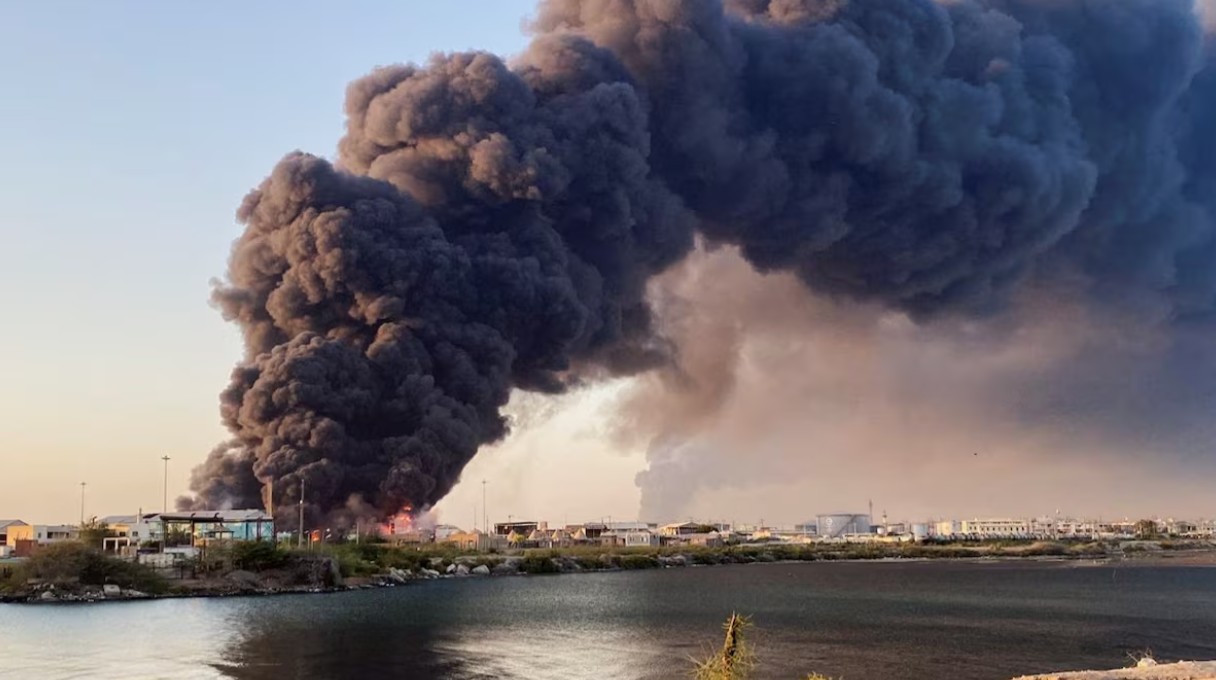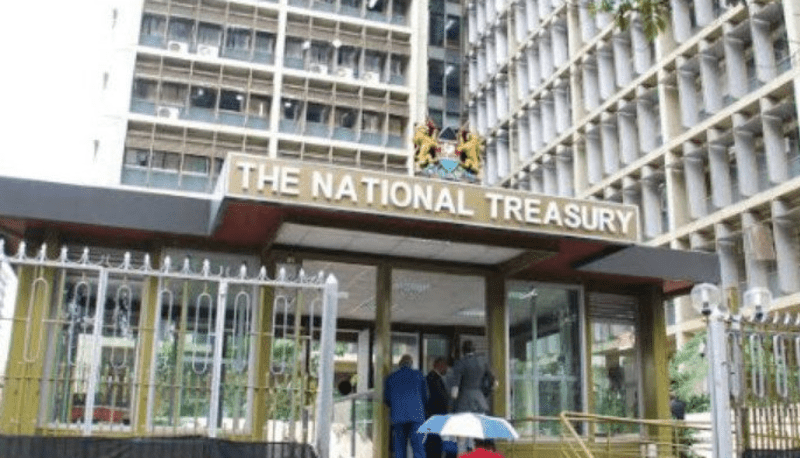Peace with Allah: Why Muslims celebrate two Idds in a year
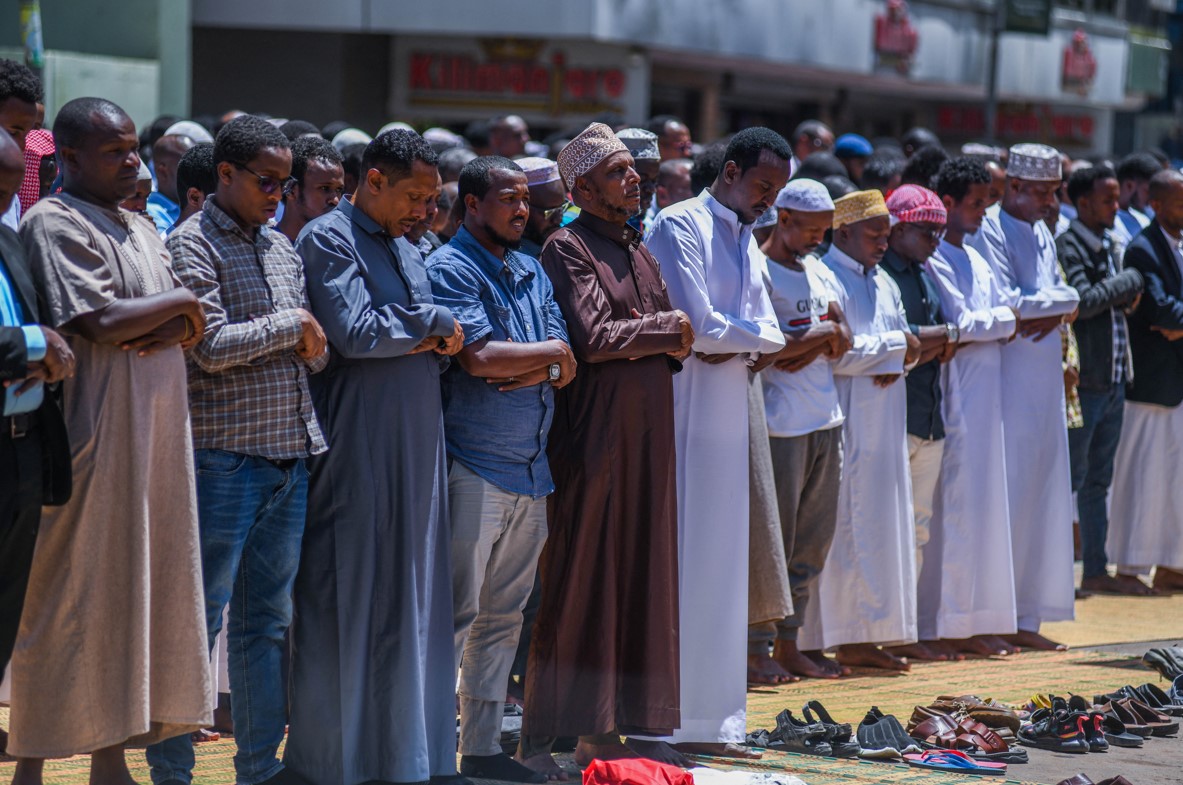
The first one is known as Idd-ul-Fitr (the festival of fast-breaking). It occurs on the first day of Shawwal, the tenth month of the Islamic calendar after Ramadan, the month of fasting and during which the Quran was revealed.
Idd is a time of ongoing joy and celebration. For all Muslims, the Idd prayer is extremely important. It has the advantages of the daily prayers, the results of the weekly gathering (Jumu'ah) and the traits of the yearly gatherings of Muslims.
These occur twice a year. The first one is known as Idd-ul-Fitr (the festival of fast-breaking). It occurs on the first day of Shawwal, the tenth month of the Islamic calendar after Ramadan, the month of fasting and during which the Quran was revealed. The second is known as Idd-ul-Adha (the festival of sacrifice). It occurs on the tenth day of Dhul-Hijjah, the last month of the Islamic year, following the completion of the Hajj (pilgrimage to Mecca), a highly devotional course.
More To Read
- Why Muslims are still fasting despite Ramadan ending
- Vibrant atmosphere as Eastleigh comes alive as Ramadan draws to a close
- Eid ul-Fitr in Gaza shadowed by bleakness as Israeli bombardment continues
- In Pictures: Muslims countrywide celebrate Eid-ul-Fitr to mark end of Ramadan
- Dressed in celebration: How Muslims embrace tradition through Eid attire
- Al-Quds Day: Muslims urged to support Palestinians as they mark last Friday of Ramadan
What is Idd prayer?
During the Idd prayer, the imam leads a congregation of worshippers in praying two rak’ahs. The daily prayers comprise set recitations and action sequences. This is known as rak'ah.
Umar (may Allah be pleased with him) said: “The prayer of ul-Fitr is two rak’ahs and the prayer of ul-Adha is two rak’ahs, complete and not shortened, on the tongue of your Prophet, and the one who fabricates lies is doomed.
According to Sheikh Muhammad Sheikh, the head of Dawa’ah at Nairobi’s Jamia Mosque, Idd is a thanksgiving day where Muslims assemble in a brotherly and joyful atmosphere to offer their gratitude to God for helping them fulfil their spiritual obligations before Idd.
“This form of thanksgiving is not confined to spiritual devotion and verbal expression. It goes far beyond that to manifest itself in a handsome shape of social and humanitarian spirit. The Muslims who have completed the fasting of Ramadan express their thanks to Allah through distributing alms among the poor and needy on the morning of Idd before prayers (Zakat ul-firt),” says Sheikh Muhammad.
Every single day of Idd is a day of peace. When a Muslim achieves inner peace by abiding by God's law and leading a disciplined life, he has unquestionably finished negotiating the most secure and unbreakable peace treaty with God.
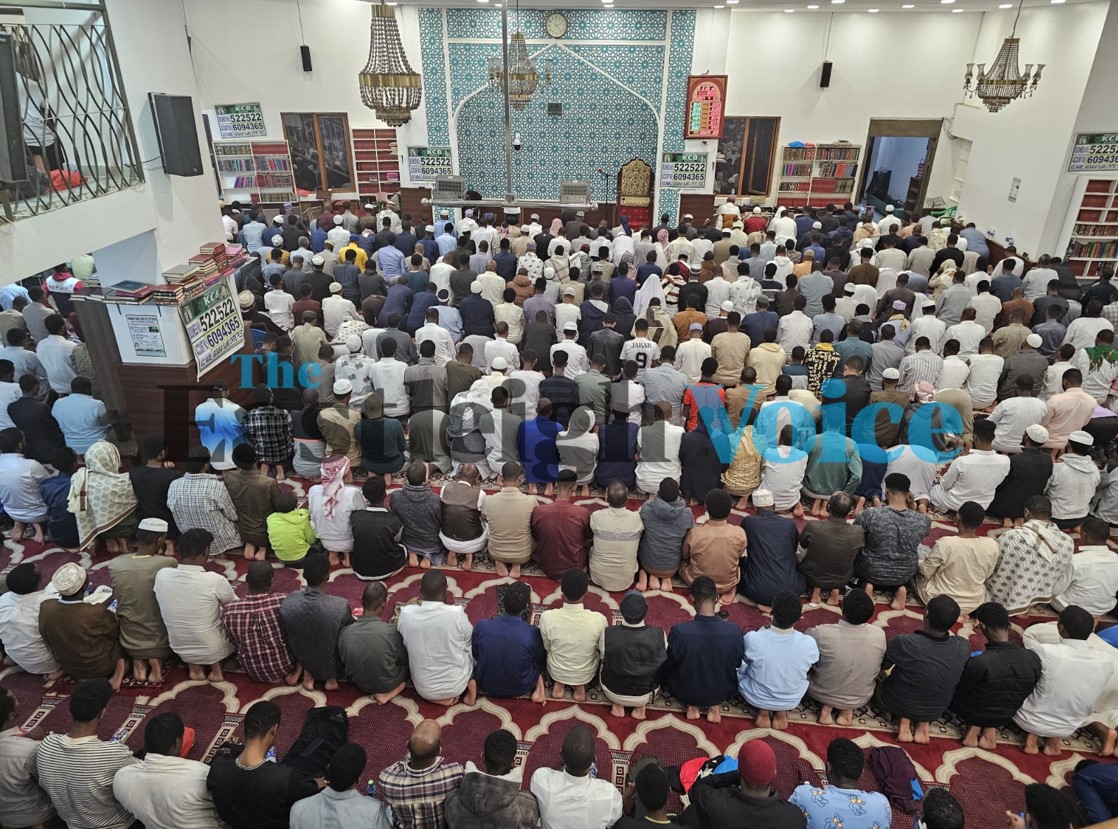 Hundreds take part in the Tahajud prayers at Masjid Abubakar in Eastleigh on April 6, 2024. (Photo: Abdirahman Khalif/EV)
Hundreds take part in the Tahajud prayers at Masjid Abubakar in Eastleigh on April 6, 2024. (Photo: Abdirahman Khalif/EV)
When a person has achieved peace with God, they have achieved peace with themselves, and as a result, they have achieved peace with the rest of the universe. Therefore, when he correctly celebrates Idd, he is celebrating the conclusion of a peace treaty between himself and God, and this distinguishes Idd as a day of peace.
“When the Muslims assemble in the congregation of the day, they all wholeheartedly pray for forgiveness and strength of faith. And God has assured those who approach Him with sincerity of His mercy and forgiveness. In that pure assembly and highly spiritual congregation, any true Muslim would feel ashamed of himself before God to hold any enmity or ill feelings toward his brethren,” Sheikh Muhammad says.
A true Muslim would be deeply impressed by this brotherly and spiritual gathering and would overcome any ill feelings he may have had. As a result, he would find himself moving with others in response to the spirit of the day to purify his heart and soul. In this case, he would forgive those who had wronged him because he would be praying for God's forgiveness and would do everything in his power to obtain it.
What is Zakat ul-fitr?
Zakat ul-Fitr is a type of charity, which is given to the poor at the end of the fasting during Ramadan. It therefore occurs once every Hijri or lunar year.
Significance of Zakat ul-Fitr
Zakat ul-Fitr was decreed in the 2nd year after the hijrah (migration) of the Prophet Muhammad (peace be upon him) to Madinah. That was the same year that fasting during Ramadan was decreed. This tells us that in Islam, Zakat ul-Fitr is as important as Ramadan. The fact that they were both decreed in the same month and year says it all.
Wisdom of Zakat ul-Fitr
According to Zakat Kenya Vice Chairman Sheikh Abdi Shakur, Zakat ul-Fitr purifies the fasting person of the shortcomings in his or her observance of the Ramadan fast as well as helping the poor people enjoy the Idd along with everyone else.
“Idd is a time of joy, a time of celebration. It is a day for feasting and wearing new clothes. When we pay Zakat ul-Fitr at this time, it gives the poor people a sense of belonging by including them in the festive spirit of the day. They should not have to spend this day hungry. They should not feel deprived or left out,” Sheikh Abdi says.
In a hadith (traditions of Prophet Muhammad), Ibn ‘Abbaas said: “Prophet Muhammad (peace and blessings of Allah be upon him) made Zakat ul-Fitr obligatory as a means of purifying the fasting person from idle talk and foul language, and to feed the poor. Whoever pays it before the prayer, it is an accepted zakah, and whoever pays it after the prayer, it is just a kind of charity (sadaqah).”
Top Stories Today
